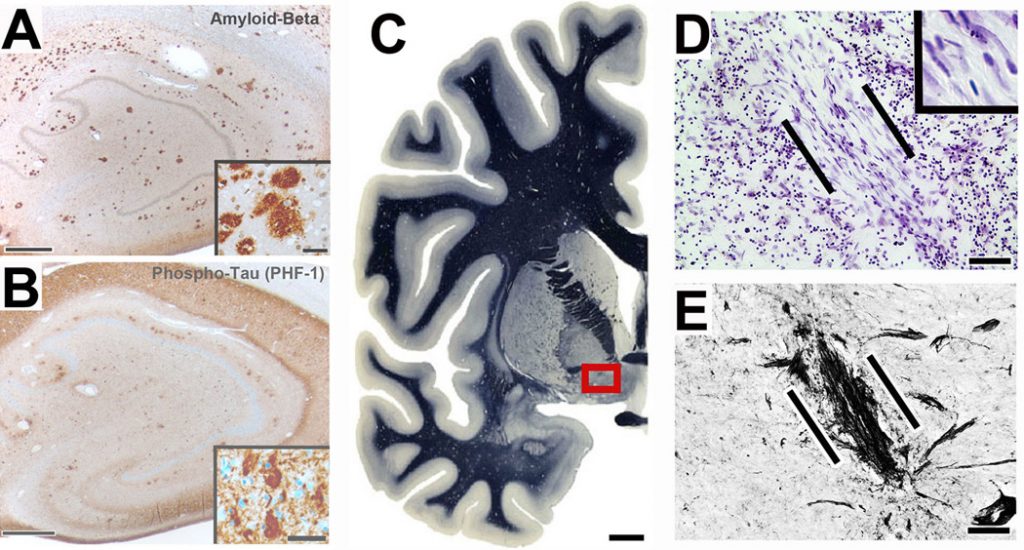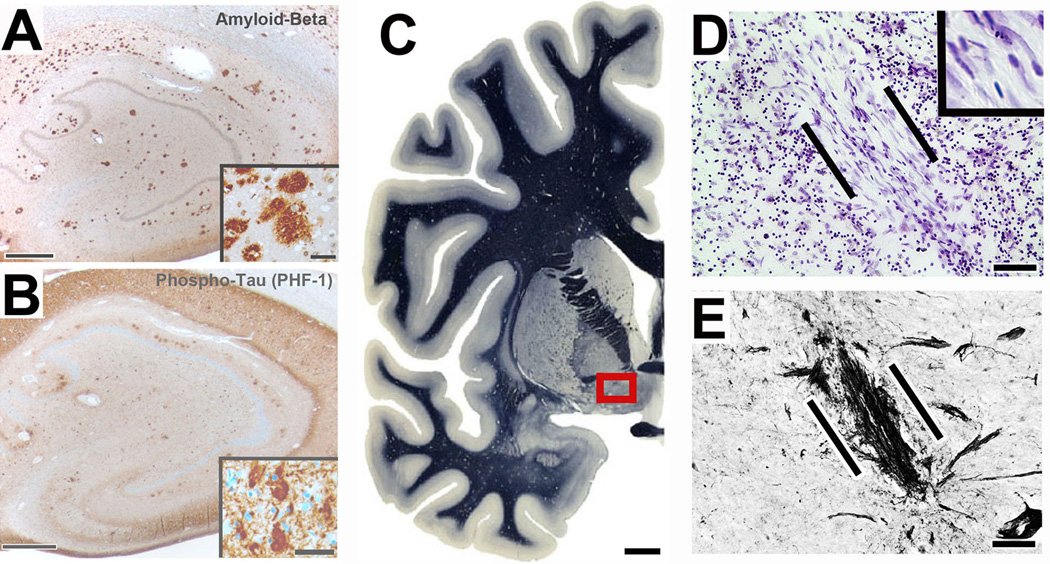OBJECTIVEAlzheimer illness (AD) is the most typical neurodegenerative dysfunction and lacks efficient disease-modifying therapies. In 2001, we initiated a scientific trial of nerve progress issue (NGF) gene remedy in AD, the primary effort at gene supply in an grownup neurodegenerative dysfunction.
This program aimed to find out whether or not a nervous system progress issue prevents or reduces cholinergic neuronal degeneration in sufferers with AD. We current postmortem findings in 10 sufferers with survival instances starting from 1 to 10 years after remedy.OBJECTIVETo decide whether or not degenerating neurons in AD retain a capability to reply to a nervous system progress issue delivered after illness onset.
METHODSPatients in this anatomicopathological research have been enrolled in scientific trials from March 2001 to October 2012 on the University of California, San Diego, Medical Center in La Jolla. Ten sufferers with early AD underwent NGF gene remedy utilizing ex vivo or in vivo gene switch.
The brains of all eight sufferers in the primary part 1 ex vivo trial and of 2 sufferers in a subsequent part 1 in vivo trial have been examined.METHODSBrains have been immunolabeled to guage in vivo gene expression, cholinergic neuronal responses to NGF, and activation of NGF-related cell signaling. In 2 sufferers, NGF protein ranges have been measured by enzyme-linked immunosorbent assay.RESULTSAmong 10 sufferers, degenerating neurons in the AD mind responded to NGF. All sufferers exhibited a trophic response to NGF in the shape of axonal sprouting towards the NGF supply.
Comparing handled and nontreated sides of the mind in three sufferers who underwent unilateral gene switch, cholinergic neuronal hypertrophy occurred on the NGF-treated aspect (P < .05). Activation of mobile signaling and practical markers was current in 2 sufferers who underwent adeno-associated viral vectors (serotype 2)-mediated NGF gene switch. Neurons exhibiting tau pathology and neurons free of tau expressed NGF, indicating that degenerating cells could be contaminated with therapeutic genes, with resultant activation of cell signaling. No antagonistic pathological results associated to NGF have been noticed.
CONCLUSIONSThese findings point out that neurons of the degenerating mind retain the flexibility to reply to progress components with axonal sprouting, cell hypertrophy, and activation of practical markers. Sprouting induced by NGF persists for 10 years after gene switch. Growth issue remedy seems secure over prolonged intervals and deserves continued testing as a way of treating neurodegenerative issues.

Using gait evaluation to evaluate weight bearing in rats with Freund׳s full adjuvant-induced monoarthritis to enhance predictivity: Interfering with the cyclooxygenase and nerve progress issue pathways.
Lack of predictive energy for drug results has been a significant criticism towards animal ache fashions. It is subsequently necessary to outline the utility and limitations of completely different fashions. The intention of this research was to increase earlier work on gait evaluation as a instrument to analyze pharmacological results in monoarthritic rats, particularly to check the speculation that monoarthritis induced by Freund׳s full adjuvant (FCA) offers a greater estimate of total analgesic efficacy of established, and novel, clinically efficient and ineffective therapeutic approaches.
Male rats injected intra-articularly into one ankle joint with FCA (1.0mg/ml) have been handled with the monoclonal antibody to nerve progress issue (NGF), MEDI-578, the inhibitors of tropomyosin receptor kinases A, B and C (pan-Trk) AZ6623 or AZ7092, the transient receptor potential vanilloid 1 (TRPV1) inhibitor AZD1386, or the cyclooxygenase (COX) inhibitors naproxen, ibuprofen, valdecoxib or rofecoxib.
Effects on weight bearing throughout locomotion have been examined utilizing video seize of print photos. The obvious efficacy in this mannequin was Trk inhibitors≥anti-NGF antibody>COX inhibitors. The TRPV1 inhibitor was ineffective. Together with earlier knowledge, the outcomes help utilizing gait-related parameters in the monoarthritis mannequin. FCA as induction agent appears to supply a very good total prediction of analgesic efficacy in issues with inflammatory joint ache.
